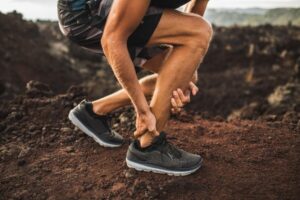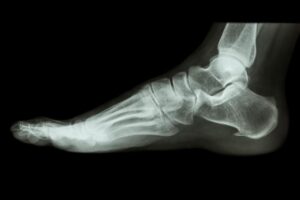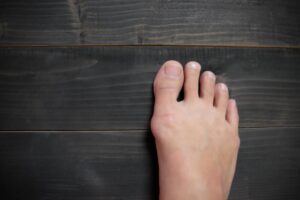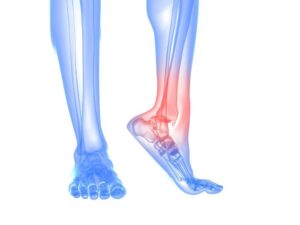Are My Shoes to Blame for My Bunions?
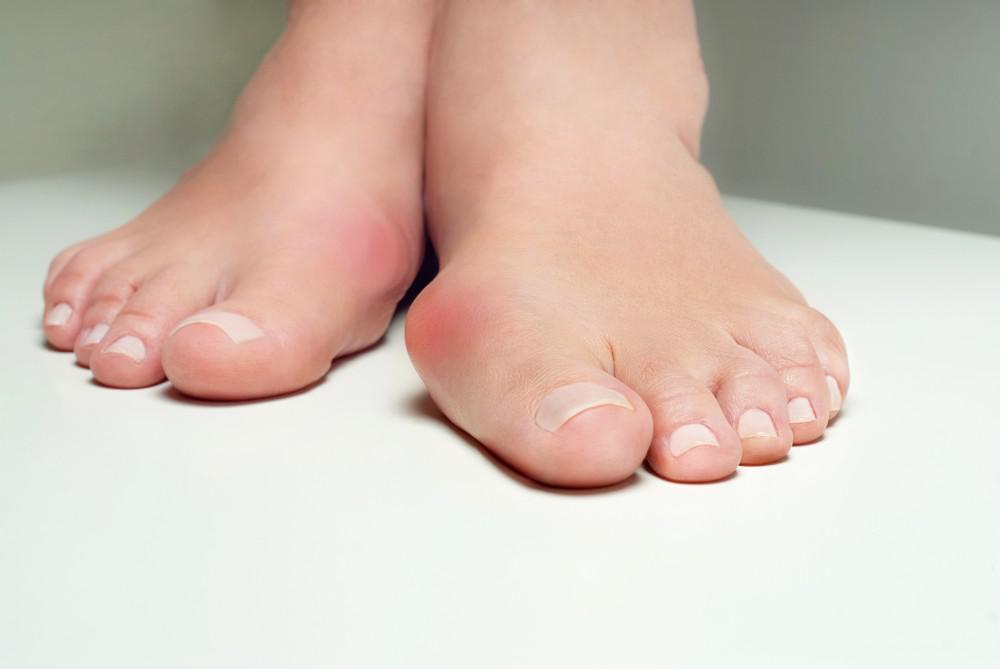
Bunions, the bony bump that sticks out from your big toe, are unsightly, uncomfortable, and can impede your active lifestyle. If you have close family members with bunions or have started to develop them yourself, you’re probably wondering how to prevent them from appearing or getting worse.
According to podiatrists Ryan Golub, DPM, and Zachary Flynn, DPM, AACFAS, from Arizona Foot Health in Phoenix, Arizona, bunions have a number of causes, some you can inherit and some are related to your lifestyle. Discover how your choice of shoes can contribute to developing bunions.
Understanding bunions
A bunion is a protruding bump, comprised of bone, that sticks out from the area where your big toe connects to your foot. You can have bunions on one or both feet.
Initially, bunions can start out small, but with time they often grow bigger. As they get larger, bunions can push your big toe at an angle where it protrudes toward your other toes, causing further alignment issues.
Over time, bunions often become painful, making it challenging to buy footwear and walk. You can also become prone to calluses and corns from the way bunions impact your foot.
The connection between shoes and bunions
Some risk factors for bunions, including a family history of bunions, food deformities, and having other medical conditions, are out of your control. However, the shoes you choose can also increase your likelihood of developing bunions.
Combined with other risk factors, wearing the following shoe types regularly puts you at risk of bunions:
Tight shoes
Shoes that are too tight, particularly when they’re too tight in the toe box at the front of the foot, can irritate your foot, causing bunions to form.
High-heeled shoes
Shoes and boots with high heels push your toes forward to the front of the shoes. This causes your toes to be squeezed in the shoes, potentially leading to bunions over time.
Ill-fitting shoes
Shoes that generally fit poorly, including being too small or too big, cause your foot to be squeezed or move around and slide uncomfortably in the shoe. This tightness or friction can lead to bunion development.
Choosing the right shoes for preventing bunions
If your family history or other risk factors predispose you to develop bunions, you need to be especially careful in choosing footwear to prevent bunions or keep them from getting larger. When picking shoes, ensure they are supportive and fit well, especially if you’ll be walking for long periods or exercising in them.
You should also look for shoes that have a wide enough toe box to comfortably accommodate your foot without squeezing your toes. Try to avoid wearing very high-heeled shoes, or only wear them for short, limited periods of time.
If you’ve started to develop bunions or experience other foot and heel pain, our podiatrists can fit you with custom orthotics to reduce pain and swelling, and improve your foot’s alignment. Orthotics are inserts you insert in your shoes that are specifically made to address any issues in your feet.
Additionally, our podiatrists help relieve or treat the symptoms of bunions using other conservative methods, like pain-relief medication, and bunion surgery when your bunions are more severe.
If you’re concerned about your bunions, our team can support you in choosing footwear and obtaining custom orthotics that bring you relief. Contact us to request an appointment about your bunions.
You Might Also Enjoy...
The Achilles Heel
Given Arizona’s climate, patients are able to remain active year round. It’s why we all chose to live here. But…
Alleviating Back Pain and Other Benefits of Custom Orthotics You Didn’t Know About
Would you ever imagine that custom foot orthotics could improve your quality of life? That’s what many people say after…
9 Helpful Tips to Prepare Your Home Before Bunion Surgery
When moderate interventions, such as wearing wider shoes or using pads in your shoes, fail to ease your bunion pain…
When Should You Go to the Doctor for an Ingrown Toenail?
In most cases, you can nurse an ingrown toenail at home with over-the-counter pain medication, topical antibiotic creams, and soaking…
6 Home Exercises to Keep Your Ankles Strong
Ankles that feel wobbly and weak are vulnerable to injury. If you play sports, run, jump, or just walk often,…
Is Surgery My Best Option For Treating Bunions?
You have a bunion and it isn’t pretty, but if your bunion is small enough, or doesn’t hurt, you may…

